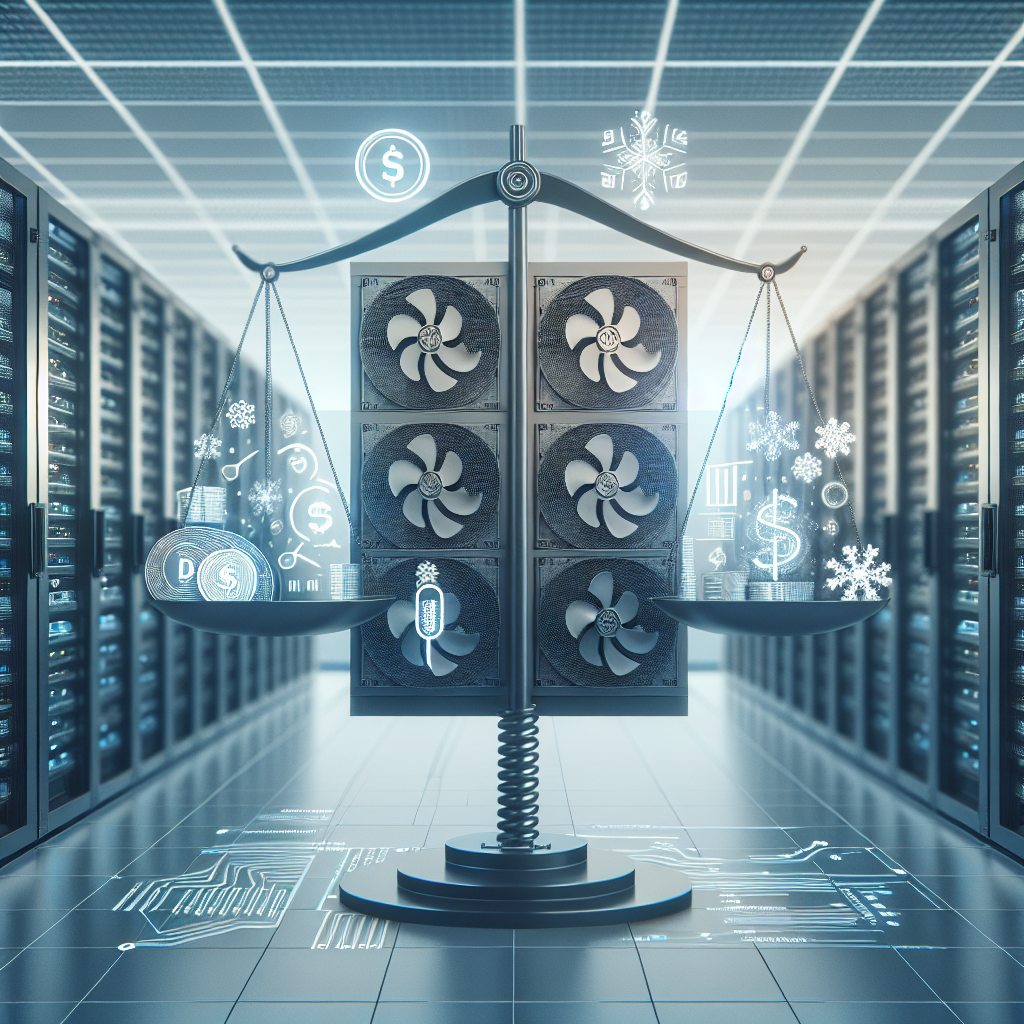Your cart is currently empty!
Balancing Cost and Efficiency: HVAC Considerations for Data Centers

Data centers are essential for storing and processing large amounts of data, making them a critical component of many businesses’ operations. With the increasing reliance on digital technologies, the demand for data centers continues to grow. However, operating a data center comes with significant costs, particularly in terms of energy consumption. HVAC systems play a crucial role in maintaining optimal operating conditions within data centers, but they can also be a major source of energy consumption.
Balancing cost and efficiency is essential when it comes to HVAC considerations for data centers. By implementing energy-efficient HVAC systems and practices, data center operators can reduce operating costs while maintaining the necessary conditions for optimal performance.
One important consideration when it comes to HVAC systems in data centers is the design and layout of the facility. Proper airflow management is essential for maintaining consistent temperatures throughout the data center and preventing hot spots that can lead to equipment failure. By optimizing the layout of the facility and using containment strategies, data center operators can improve the efficiency of their HVAC systems and reduce energy consumption.
Another key factor to consider is the selection of HVAC equipment. Energy-efficient HVAC systems, such as variable refrigerant flow (VRF) systems or chilled water systems, can help reduce energy consumption and operating costs. Additionally, investing in high-efficiency equipment, such as energy-efficient chillers and cooling towers, can further improve the overall efficiency of the HVAC system.
Regular maintenance and servicing of HVAC equipment are also essential for ensuring optimal performance and efficiency. Dirty filters, clogged coils, and other issues can decrease the efficiency of HVAC systems and increase energy consumption. By scheduling routine maintenance and inspections, data center operators can identify and address any issues before they lead to more significant problems.
In addition to implementing energy-efficient HVAC systems and practices, data center operators can also explore alternative cooling solutions to further reduce energy consumption. For example, free cooling systems use outside air to cool the data center, reducing the need for mechanical cooling and lowering energy costs. By leveraging a combination of energy-efficient HVAC systems and alternative cooling solutions, data center operators can strike a balance between cost and efficiency.
In conclusion, balancing cost and efficiency is essential when it comes to HVAC considerations for data centers. By implementing energy-efficient HVAC systems, optimizing facility layout, and investing in high-efficiency equipment, data center operators can reduce operating costs while maintaining optimal operating conditions. Additionally, regular maintenance and exploring alternative cooling solutions can further improve the efficiency of HVAC systems and reduce energy consumption. By taking a comprehensive approach to HVAC considerations, data center operators can achieve cost savings and environmental sustainability without compromising performance.

Leave a Reply